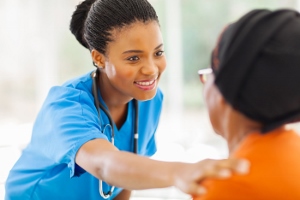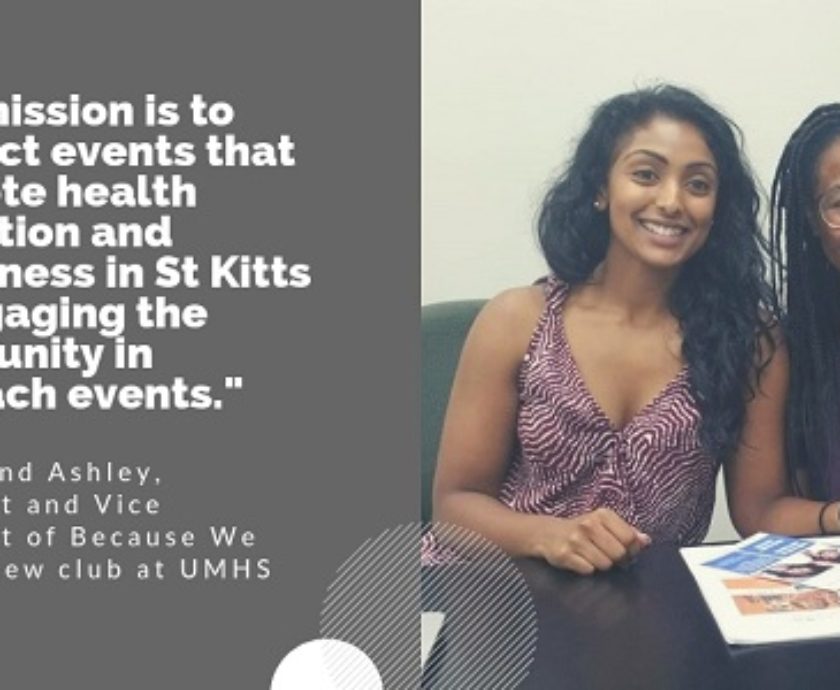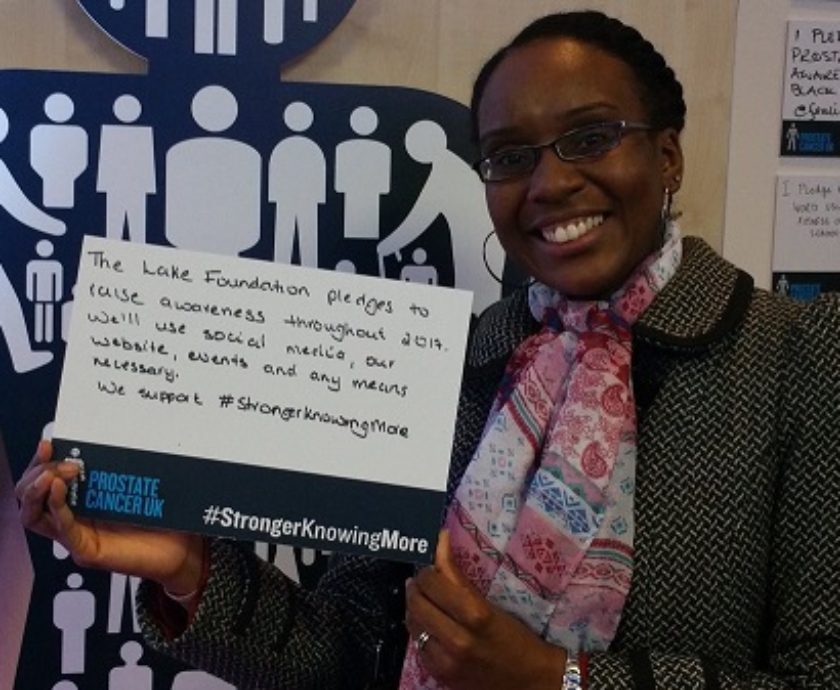Last Saturday, we had the pleasure of having a stand at the Fibroid Forum. This was an event organised by a group of ladies from the House of Bread who have all been affected by fibroids.
The event brought together clinical experts, organisations working on various aspects of fibroids and women affected fibroids to discuss this health issue and its treatment. There was also an open forum with an expert panel giving women the opportunity to share their experiences and ask experts questions.
In this blog we’re going to summarise the first half of the event which covered an introduction to fibroids, personal stories and an overview of the NICE guidance. In our next blog we’ll summarise the second half of the event which covered surgical treatment, radiology treatment, aftercare and the open forum.
An Introduction to Fibroids
The event started with a welcome and opening prayer by Dawn Martin who also shared her story and stressed that fibroids are not just physical but emotional and it’s something that affected every aspect of her life including her relationships, work, what she wore and even planning her holidays.
This was followed by a short film that provided an overview of what fibroids are and then we heard from our first main speaker, Audrey Skervin, who talked through some facts and figures as well as the symptoms.
We then heard from Yvonne Maye who discussed how fibroids have affected her. She stated that she was happy that we’ve now reached an age where women can speak openly about fibroids as when she was diagnosed many years ago issues like fibroids were not spoken about meaning that many women suffered in silence. Another interesting point she raised was the pressure that women felt at the point of diagnosis to have baby. Many doctors, and this was confirmed by other attendees, placed women under a lot of pressure to start having a family without understanding their personal situation and this added to their distress.
Fibroids Research Update: New NICE Guidelines on Heavy Bleeding
Next on the agenda was Christine Clewlow, Medical Scientific Liaison Manager at Gedeon Richter. She gave an update on interesting fibroids news focusing on the NICE guidelines.
NICE or the National Institute of Health and Care Excellence is the organisation that produces evidence-based guidance that is used by the NHS to decide what treatment should be made freely available on the NHS.
NICE has guidance on heavy menstrual bleeding which is very relevant to many women affected by fibroids, as this is one of the main symptoms. The NICE guidance on heavy bleeding was first written in 2007 and a summary version is available here. The parts of the guidance that are relevant to patients are:
- Any interventions [to treat heavy menstrual bleeding] should aim to improve quality of life measures
- A women with heavy menstrual bleeding referred to specialist care should be given information before her outpatient appointment
- Ultrasound is the first-line diagnostic tool for identifying structural abnormalities (e.g. fibroids)
- A women with heavy menstrual bleeding should be given the opportunity to review and agree any treatment decisions. She should have adequate time and support from healthcare professionals in the decision-making process
Christine highlighted the importance of these guidance stating that they are designed to ensure that patients are being treated appropriately and women shouldn’t be afraid to challenge doctors if they aren’t following the guidance.
Christine also informed attendees that the guidance is being updated and the new guidance should be published in August 2017
In the discussion following Christine’s presentations there were some really useful recommendations put forward for women who have symptoms they are concerned about:
- Before visiting your GP make a list of all your symptoms
- Do your research so you arrive at your appointment with your GP prepared
- Make a note of all your questions so you can have a constructive discussion with your GP
- If you think you may have fibroids, be aware of the guidance so you can have an informed discussion with your GP about next steps.
This ended the first half of the event which was a good introduction into fibroids, providing attendees with a good foundation for the next half which was more clinical and this will be covered in our next blog. Stay tuned!














